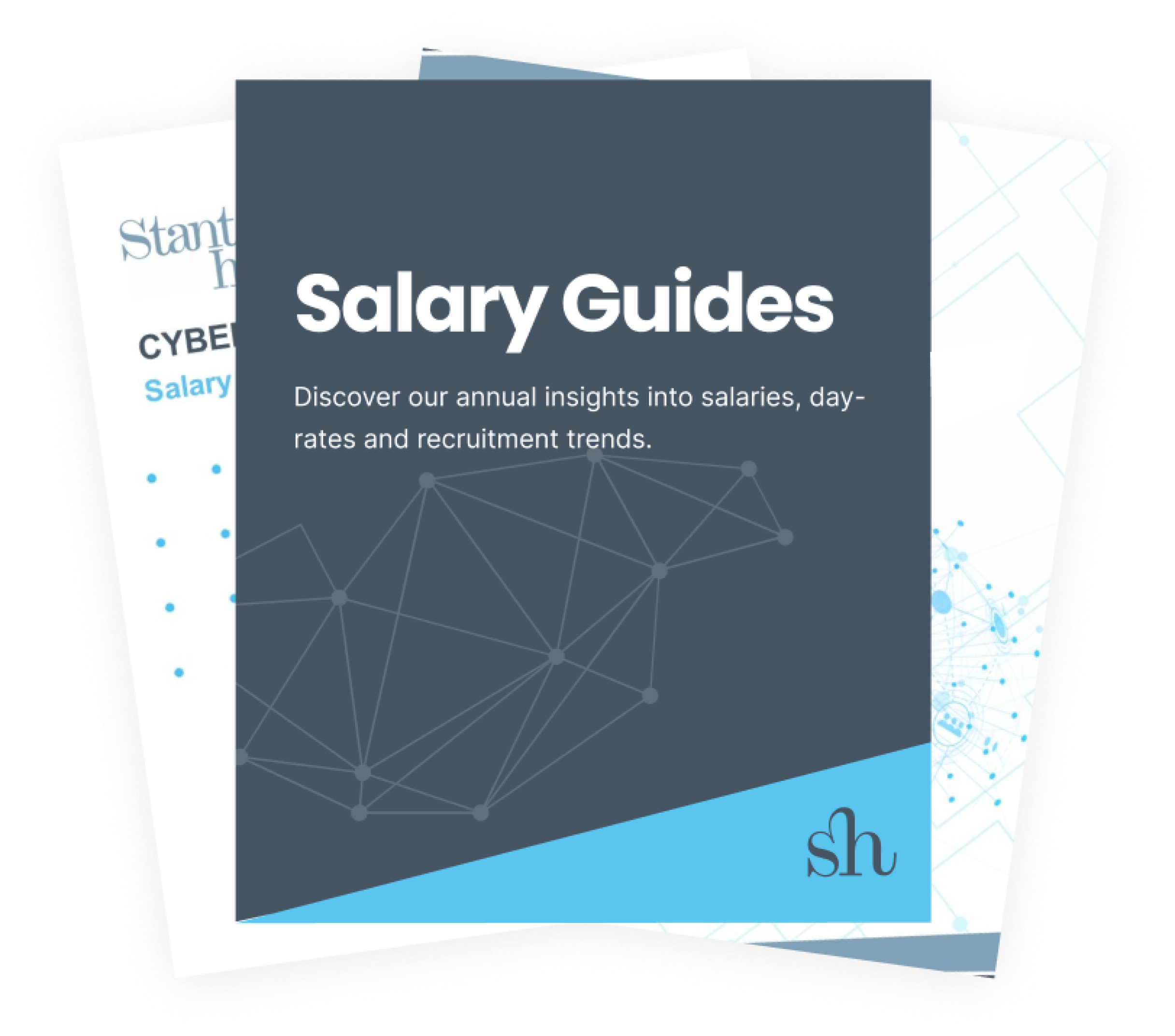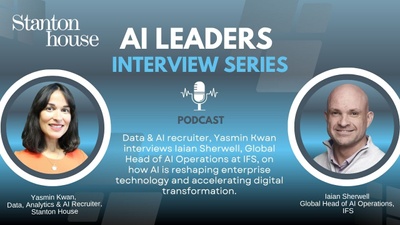
Why D365 is Reshaping Finance Transformation - and What It Means for Talent
Finance leaders are under unprecedented pressure to transform. Regulatory change, ESG reporting, AI adoption, and the ongoing demand for efficiency mean that finance can no longer be seen as a back-office function. The modern CFO must drive growth, insight, and resilience - and technology is the enabler.
One of the platforms at the centre of this transformation is Microsoft Dynamics 365 (D365). More than just an ERP system, D365 is becoming a strategic lever for businesses that want to modernise their finance function and prepare for the future.
D365 in Context: The Next-Generation ERP
At its core, D365 Finance & Operations delivers what you’d expect from a modern ERP: general ledger, payables, receivables, project accounting, cash management. But its impact goes far beyond process automation.
- Cloud-first: Unlike legacy systems, D365 is fully cloud-based, enabling global scalability and anywhere access.
- AI-enabled: With predictive forecasting, anomaly detection, and spend analytics, D365 allows CFOs to make decisions at speed.
- Ecosystem integration: Its seamless links with Excel, Power BI, Teams, and Azure make it a natural choice for businesses already embedded in Microsoft.
- Modular approach: Organisations can start with Finance and build into Supply Chain, HR, and Customer modules as they scale.
For CFOs, that means a single version of the truth, real-time reporting, and a system that grows with the business. No surprise then that more than 85,000 companies globally now use Microsoft Dynamics applications — a clear sign of maturity and mainstream adoption.
Why Businesses Are Moving to D365
Across industries - from retail and manufacturing to private equity-backed businesses - we’re seeing D365 adopted as a catalyst for transformation. The triggers are consistent:
- IPO readiness and investor demands – Accurate, real-time reporting is critical for listed and PE-backed firms.
- Global growth and M&A – D365 supports multiple entities, currencies, and geographies.
- Regulatory and ESG reporting – From IFRS changes to sustainability disclosures, compliance is baked in.
- Legacy system replacement – Firms moving away from SAP, Oracle, and Sage cite cost, complexity, and a lack of agility.
It’s not just about finance operations. D365 is helping CFOs reposition finance as a strategic partner to the business.
Adoption and the User Challenge
It’s worth noting: many ERP projects fail not because of the system, but because of adoption.Microsoft provides dashboards to measure “active seats” versus “licensed seats,” showing whether people are actually using the system. Other metrics like login frequency, transaction completion rates, and process adherence are vital indicators of whether transformation is truly embedded.
Organisations that overlook adoption find themselves with an expensive system sitting alongside old habits in Excel. Those that succeed invest in change management, training, and leadership sponsorship.
The Talent Market: A Growing Bottleneck
Every transformation programme ultimately comes down to people. And right now, there’s a clear bottleneck in the talent market.
- Specialist roles in high demand: Functional consultants, solution architects, programme managers, finance systems leads.
- Hybrid skillsets: Candidates who can bridge finance knowledge with technology implementation are the most sought-after.
- Day-rate pressure: Contractors with D365 rollout experience are commanding premium rates due to scarcity.
- Permanent hiring challenges: Businesses want in-house capability, but the pipeline of experienced D365 professionals is thin.
Salary & Market Data
The numbers highlight just how competitive this space is:
- We find D365 Finance Consultants can command day rates from anywhere between £600 - £1000 per day.
- Interim and contract roles command significant premiums – This is generally due to the project complexity requiring more experienced consultants to navigate the work.
For finance professionals, this creates a huge opportunity. Those willing to upskill into ERP-led roles are future-proofing their careers, while organisations that move decisively to secure top talent are gaining a competitive edge.
Lessons from the Market
From speaking with clients and candidates across the finance transformation space, three consistent themes emerge:
- Change management is as important as technology. The best D365 implementations pair system rollout with training, cultural adoption, and stakeholder buy-in.
- Finance talent is moving closer to technology. More qualified accountants are stepping into ERP and transformation leadership roles. This hybrid profile is often the hardest to find.
- PE-backed firms are driving demand. Their need for rapid, scalable finance infrastructure is pushing D365 adoption at pace — and creating urgency in the hiring market.
These insights show why D365 is more than a system - it’s a career pathway and a competitive differentiator.
Technology + People = Transformation
Microsoft Dynamics 365 is helping businesses build finance functions that are faster, smarter, and more resilient. But the technology is only part of the story. Transformation only succeeds when you have the right people in place - leaders who can bridge finance, systems, and change.
At Stanton House, we specialise in connecting organisations with the finance transformation talent that unlocks the full value of platforms like D365. Whether you’re building an internal D365 capability or looking for interim expertise to deliver a rollout, we can help.
If you’re a finance professional exploring the opportunities that come with D365, or a business looking to secure talent in this space, I’d love to have a conversation.



















